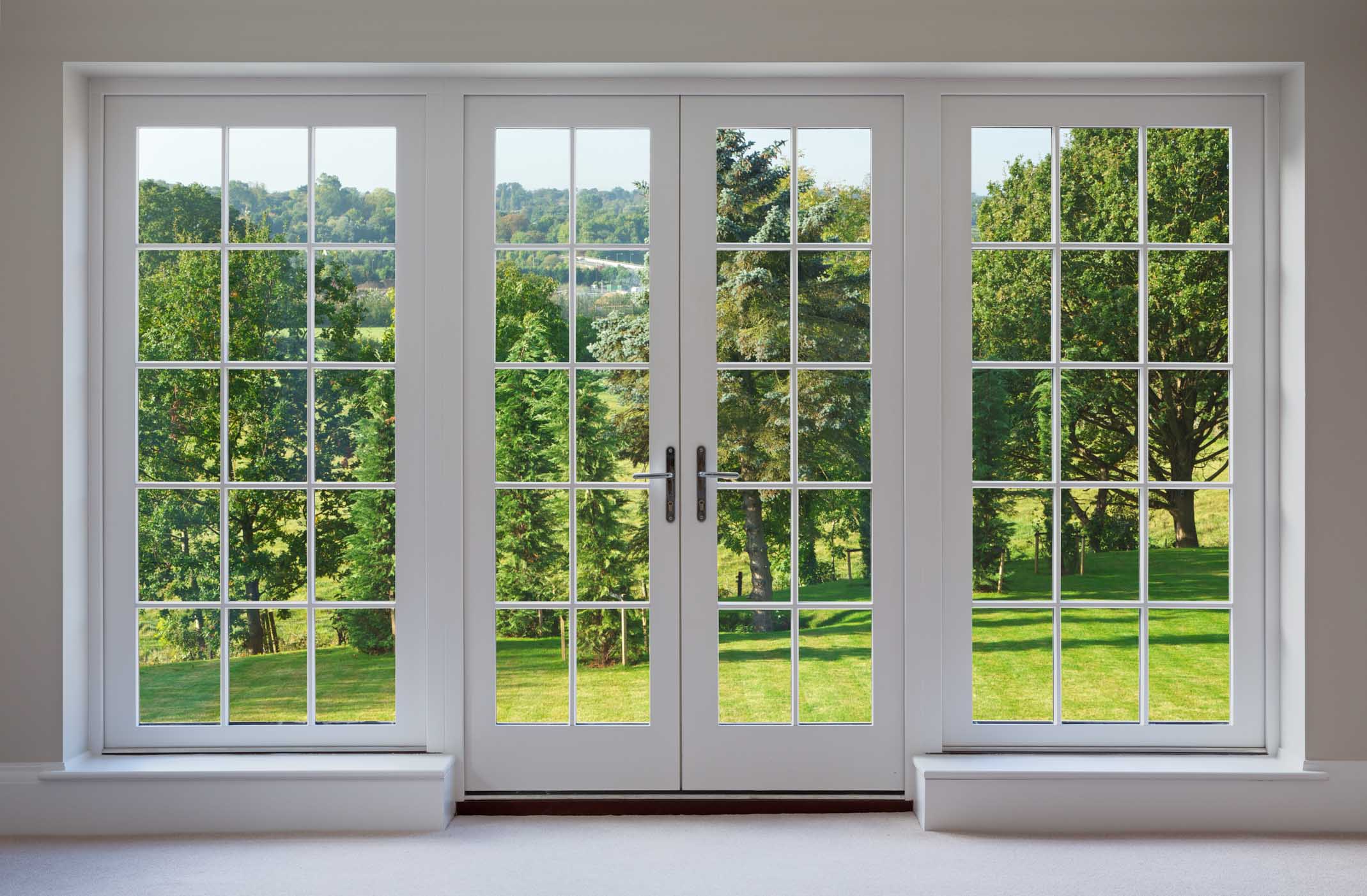All Categories
Featured
Table of Contents
Single, Double Or Secondary Glazing, Which Is The Best ... in Coolbinia Western Australia
Laminated glass is frequently used in areas in the house most vulnerable to injury from human effect such as bathrooms, doors, around staircases and in areas near the floor (it meets the requirements of 'shatterproof glass' that is mandated for usage in these locations by Australian Standard AS 1288 Glass in buildings).
Toughened glass has been 'tempered' by being reheated and rapidly cooled again. This process makes it much more powerful than standard glass it can withstand higher effect loads prior to breaking. It also makes it safer because, when it does shatter, it gets into numerous little cubic pieces instead of dangerous shards.
Twinglaze® Double Glaze Specification Act - Vic in Maddington WA
Toughened glass has no thermal or acoustic benefits over other glass of the same toning or thickness. Secondary glazing is where single-glazed windows are retrofitted with a transparent acrylic or glass sheet attached to the within of the frame or openable sash with a secondary frame or with magnetic strips.


Secondary glazing will not perform too thermally as a produced IGU, given that it is impossible to absolutely seal the perimeter, however it can supply excellent sound control. Window movies are a thin polymer movie containing a taking in color or reflective metal layer, with an adhesive backing. They adhere to your glazing to alter its colour or make it reflective.
Summer Scorcher Predicted, Again! Double Glazed ... in Mahogany Creek WA
Applied to existing glass, some window films can cut in half the general SHGC of the window by soaking up and/or showing solar radiation. This can be particularly advantageous in hotter environments where cooling is the primary issue, or on east and west elevations directly exposed to extended periods of sunlight. Nevertheless, window movies might likewise lower visible light transmittance.

For this factor, it is usually best to utilize a recognized installer of window film. Frames have a considerable influence on the thermal efficiency of doors and windows, due to the fact that energy can be gained and lost through the frame, along with through the glass. Different kinds of frame will allow different levels of heat gain and loss, so mindful option of frame is essential for efficient passive design.
The Surprising Benefits Of Double Glazing In The Summer ... in Kelmscott WA
However, aluminium is also a great conductor of heat and will reduce the insulating value of a glazing system, unless specifically engineered to decrease this. A 'thermally broken' frame is comprised of 2 aluminium areas connected by a structural insulator (normally a low-conductivity structural polymer). This 'breaks' the thermal connection through the aluminium and minimizes the heat streaming through the frame.
Wood frames are a great natural insulator that can fit some home styles. Wood frames should be made from species that have naturally high toughness or be dealt with to avoid decay and contortion.
Double Glazed Windows Brisbane in Tuart Hill WA
(weather condition removing) is installed.
u, PVC doors and windows have outstanding thermal performance Picture: Ben Wrigley (Light House Architecture and Science) Composite frames use aluminium profiles on the outer sections with either a wood or u, PVC inner area. These integrate the low upkeep and sturdiness of aluminium with much improved thermal efficiency.
Table of Contents
Latest Posts
How Double Glazing Can Help Keep Your Home Cool In ... in WA
Why You Need Secondary Glazing In The Summer in Cooloongu WA
Double Glazing Vs Triple Glazing: Which Is Better? in Quinns Rocks Perth
More
Latest Posts
How Double Glazing Can Help Keep Your Home Cool In ... in WA
Why You Need Secondary Glazing In The Summer in Cooloongu WA
Double Glazing Vs Triple Glazing: Which Is Better? in Quinns Rocks Perth